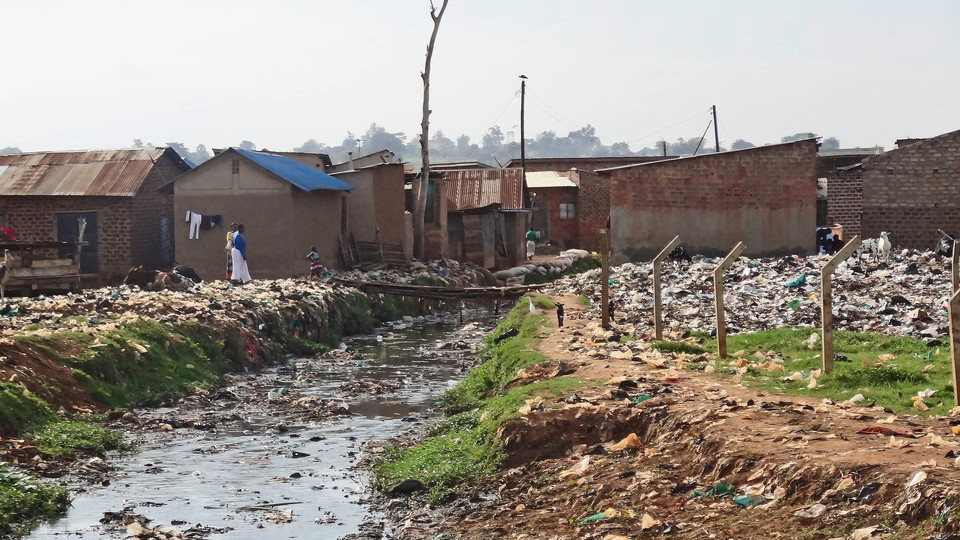Unit | Ecosystem Health Sciences
The Ecosystem Health Sciences unit examines in a holistic way how human health and wellbeing are related to behavioural, cultural, demographic, ecological, environmental and socioeconomic factors, and how anthropogenic processes govern health and wellbeing. The unit pursues a broadly applicable ecosystem health approach and employs a variety of research streams, from the bench to the field, from molecular to geospatial, from basic to operational. Evidence is strengthened through systematic reviews and meta-analyses.
Our Expertise
Our emphasis is on neglected tropical diseases (NTDs), particularly those caused by parasitic worm infections, malaria and water related diseases. The main areas of investigation include metabolic profiling, health impact assessment of large infrastructure development projects in complex eco-epidemiological settings, and epidemiology and integrated control of NTDs and malaria.
TDR-IDRC Research Initiative, Côte d'Ivoire
Our Focus
Interdisciplinary Approach
Different scientific fields are bridged in an interdisciplinary manner, hence both human and ecosystem health are investigated, protected and promoted. We work on health emerging issues linked to global change, climate change, urbanization and sustainable development related challenges. We promote integrated approaches.
Variety of Project Topics
We conduct projects covering a wide range of environmental and public health topics, e.g.: water, sanitation and hygiene (WASH), intestinal parasitic infections and nutrition, urban ecosystems health, wastes recovery and reuse, nutrition and vaccination, helminthes and health, health impact assessment, adaptation to climate change in water and health sectors.
Collaboration
Collaboration with a strong network of health research and development centres in the South provides the backbone for linking innovative laboratory investigations with community-based intervention studies.
The unit closely collaborates with other groups and units across EPH and other departments of Swiss TPH. For example, collaboration with the Bayesian Modelling and Analysis group facilitates the development and validation of spatially explicit risk mapping and prediction of NTDs. The collaboration with the Environmental Exposure and Health Unit fosters multidisciplinary joint research projects on pesticides, air pollution, water quality and climate change.
Selected Projects
All ProjectsLatest Publications
All PublicationsBuonfrate D, Hunt V.L, Odermatt P, Streit A. Strongyloides: omics to worm-free populations. Philos Trans R Soc Lond B Biol Sci. 2024;379(1894):20220448. DOI: 10.1098/rstb.2022.0448
Homsana A et al. Steatotic liver disease among lean and non-lean individuals in Southern Lao PDR: a cross-sectional study of risk factors. Ann Med. 2024;56(1):2329133. DOI: 10.1080/07853890.2024.2329133
Kamber L, Bürli C, Harbrecht H, Odermatt P, Sayasone S, Chitnis N. Modeling the persistence of Opisthorchis viverrini worm burden after mass-drug administration and education campaigns with systematic adherence. PLoS Negl Trop Dis. 2024;18(2):e0011362. DOI: 10.1371/journal.pntd.0011362
Makgoba L, Abrams A, Röösli M, Cissé G, Dalvie M.A. DDT contamination in water resources of some African countries and its impact on water quality and human health. Heliyon. 2024;10(7):e28054. DOI: 10.1016/j.heliyon.2024.e28054
Muhummed A.M et al. Knowledge, attitudes, and practices of rural communities regarding antimicrobial resistance and climate change in Adadle district, Somali region, Ethiopia: a mixed-methods study. Antibiotics (Basel). 2024;13(4):292. DOI: 10.3390/antibiotics13040292
